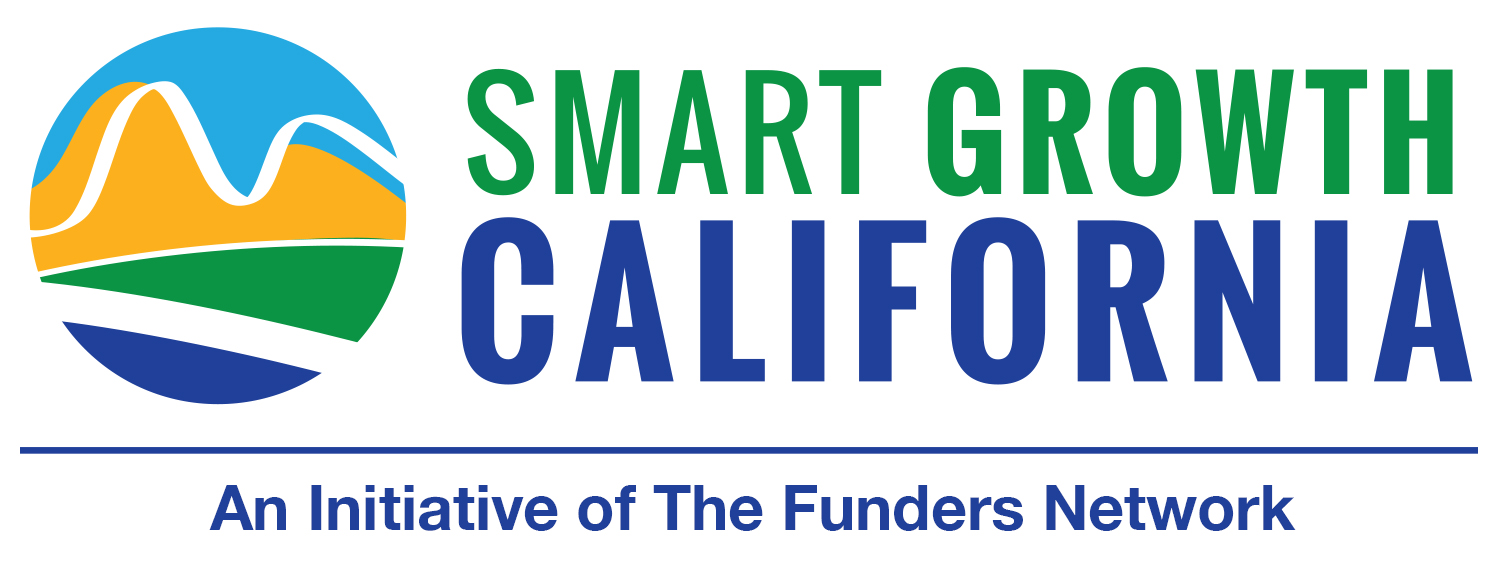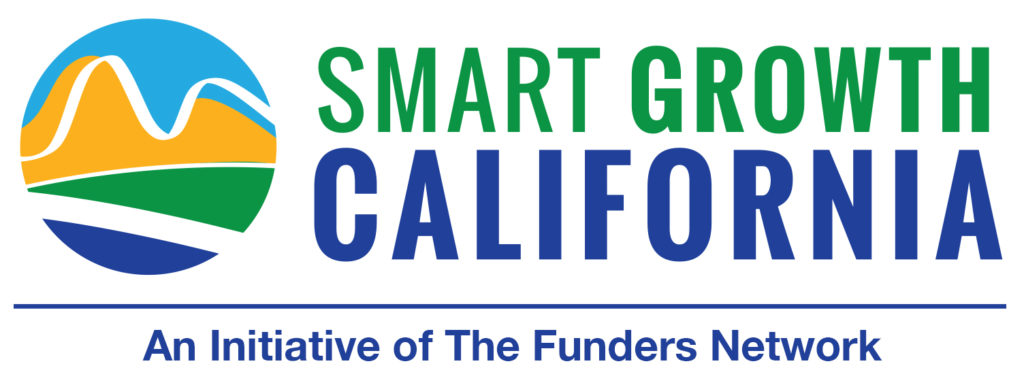Dates/Time
May 17, 2024
10:30 am-12:00 pm
Californians have experienced a cycle of disaster impacts due to our changing climate. Our golden state has sustained repeated wildfires, severe storms, flooding, extreme heat, and drought. Frontline communities – namely communities of color, tribes, low-income families, and undocumented laborers – are disproportionately affected by these impacts and stand to gain the most from long-term, equitable resilience.
Philanthropy has responded by investing in hazard mitigation, emergency response, direct relief to survivors, and, increasingly, long-term recovery. Essential as they are, these measures sit downstream from a much broader problem set. Upstream, there are opportunities to connect climate and disaster resilience to equity – working to ensure communities can absorb shocks and stressors from disasters in addition to being able to adapt to wider change and uncertainty. This means investing in systems change: democracy building, racial equity, affordable housing, community health infrastructure, education, economic mobility, environmental justice, and other intersections.
In continuation of our previous conversation about implementing the Justice 40 Initiative, we now uplift the need to shift how funders approach climate and disaster grantmaking. This “once-in-a-generation” moment affords funders an opportunity to help land billions of dollars in federal funding (from the Bipartisan Infrastructure Law, Inflation Reduction Act, and American Rescue Plan) to equitably invest in the capacity of communities to envision, plan, and implement projects.
While there is a state of urgency to get federal dollars out the door and into communities, there is a countervailing need to build relationships and partnerships that would catalyze meaningful systems change at the speed of trust. Community-based organizations, tribes, and nonprofits also have differential levels of readiness to access, receive, and manage funding. These factors are a foundation for a call to action to create the necessary infrastructure and capacity across sectors for long-term community mobilization and benefits.
Against this backdrop, our session will explore the following questions:
- How can philanthropy help draw down these benefits while building communities up to receive them?
- What existing and emerging grantmaking strategies close the gap for grant seekers pursuing public funding (i.e. planning, pre-development, implementation)?
- How might philanthropy support power building across sectors to carry out this work?
This program is part of SCG’s 2024 recurring programs. To register for all upcoming dates, please click the “Register for Recurring Dates” button. This feature is only open to members; please contact us if you are a non-member and wish to register for the series at programsrsvp@socalgrantmakers.org or (213) 680-8866.
Recurring Dates:
- February 16th, 2024 Learn more >>>
- September 20th, 2024 Learn more >>>
- November 15th, 2024 Learn more >>>
The SCG Environmental Funders Group meets quarterly to educate prospective and current environmental funders about environmental challenges and opportunities in Southern California and foster collaboration, and share successes and challenges. Please contact Katy Pelissier at katy@socalgrantmakers.org for more information or visit the group’s page on the Southern California Grantmakers’ website.

